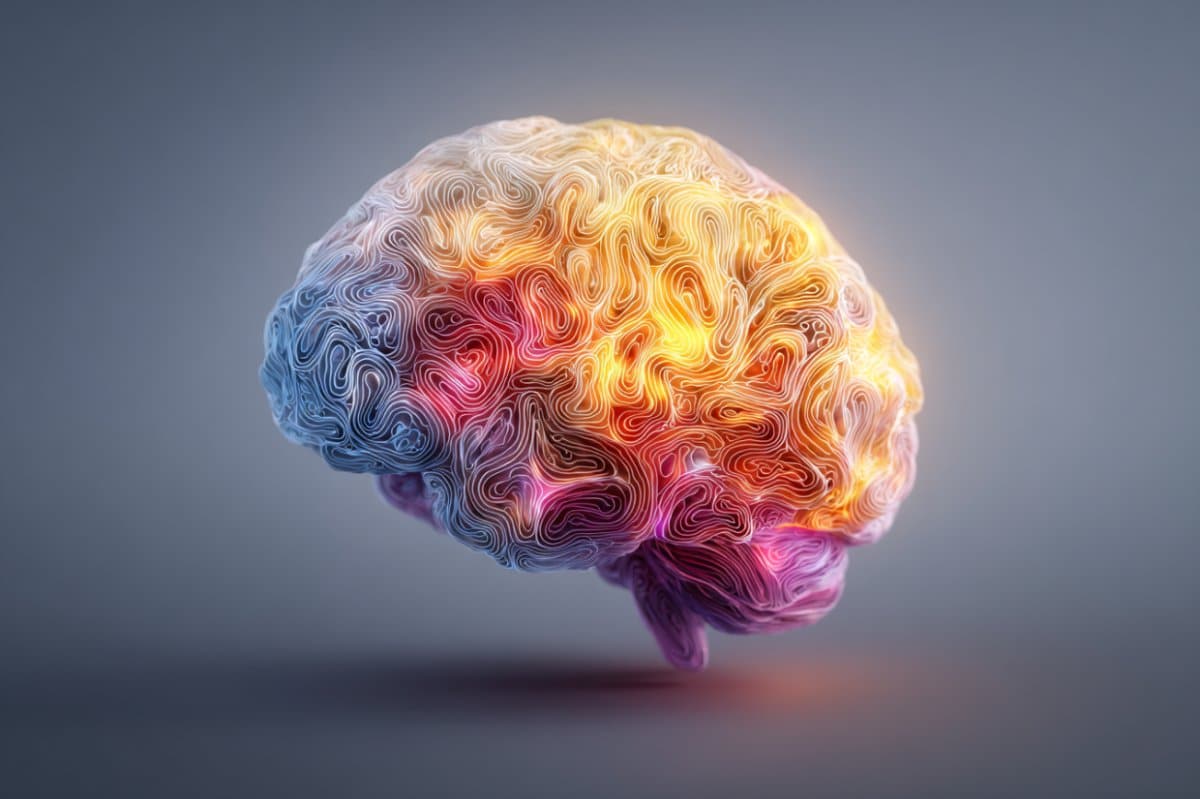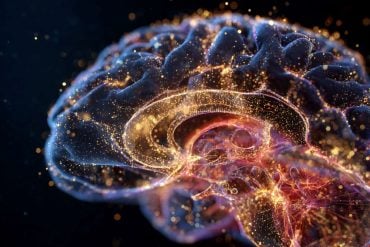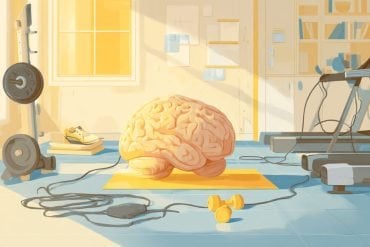Summary: A new study shows that positive emotions can enhance memory, even for meaningless information. Researchers recorded brain activity as participants viewed neutral squiggles paired with positive, neutral, or negative emotional images.
Squiggles paired with positive emotions were more likely to be remembered the next day, with distinct brain activity patterns predicting memory success. These findings suggest that feeling good while learning can strengthen memory, even for otherwise unremarkable material.
Key facts:
- Positive emotions during learning improved memory for neutral squiggle images.
- Brain activity during positive emotional states predicted next-day memory.
- Neutral or negative emotions did not produce the same memory-enhancing effect.
Source: SfN
How do emotions influence memory?
In a collaboration between Hangzhou Normal University and Nanjing Normal University, Xi Jia led a study to explore whether emotions shape how well people remember meaningless, or neutral, images.

As detailed in their new Journal of Neuroscience paper, the researchers recorded the brain activity of 44 study participants as they viewed meaningless images of squiggles followed by images meant to evoke positive, neutral, or negative emotions.
Researchers presented each squiggle–emotional image pair to participants three times.
During image pair learning sessions, positive emotions promoted brain activity that could predict how well participants remembered the squiggles a day later.
Thus, according to the authors, positive emotions during learning promote brain activity associated with better memory performance.
About this emotion and memory research news
Author: SfN Media
Source: SfN
Contact: SfN Media – SfN
Image: The image is credited to Neuroscience News
Original Research: The findings will appear in Journal of Neuroscience






